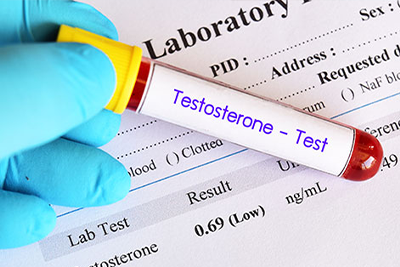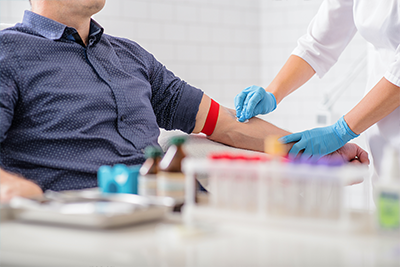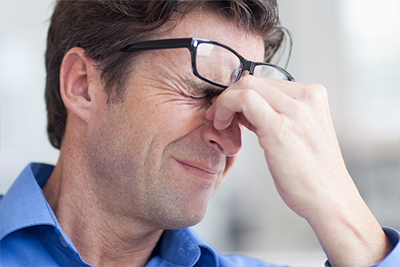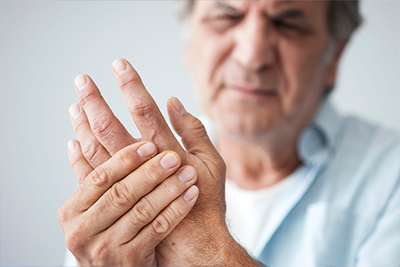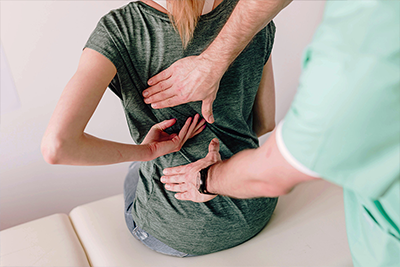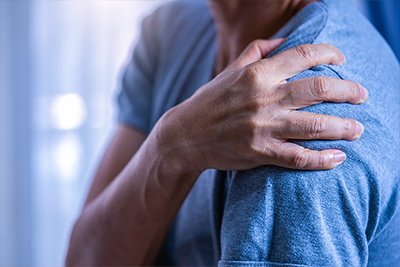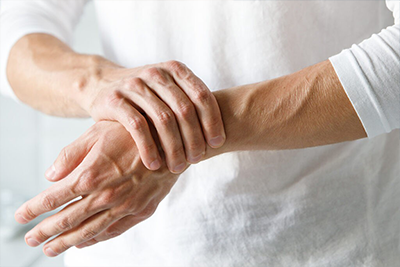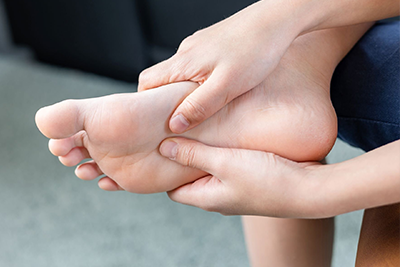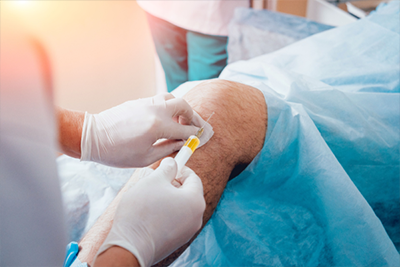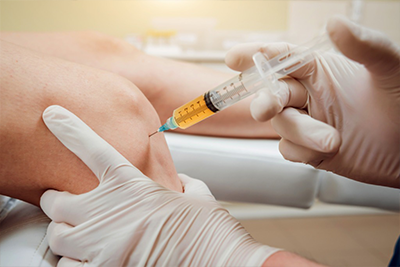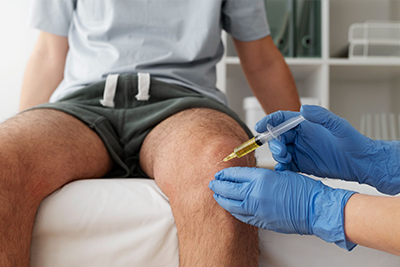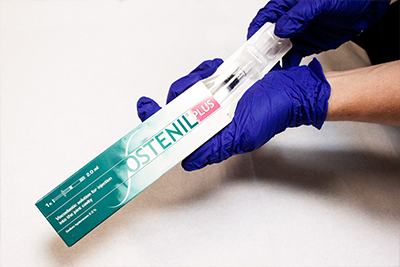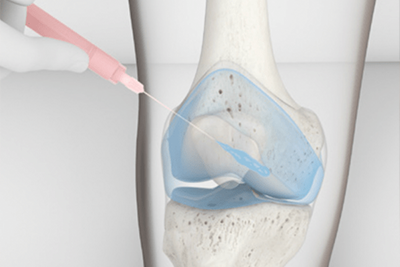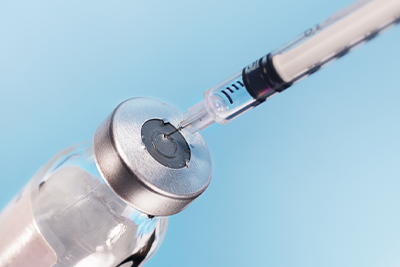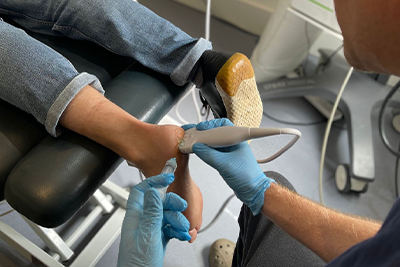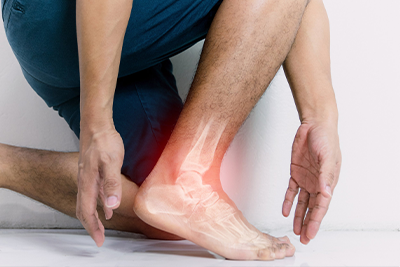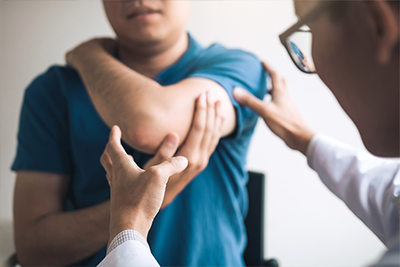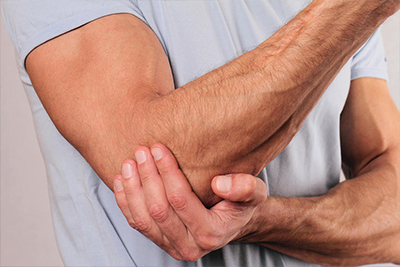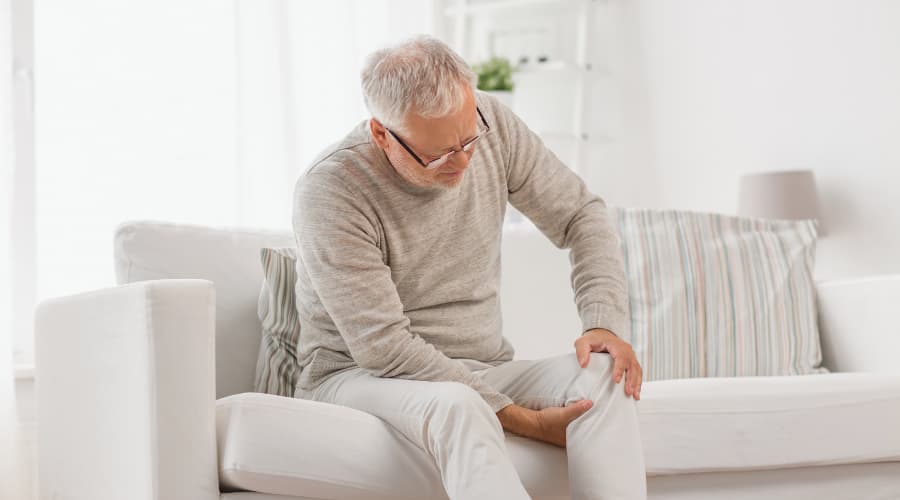Testosterone is widely known for its role in male physical development, but it also plays a crucial part in mental and emotional well-being. For men experiencing low testosterone (often referred to as “low T”), the psychological effects can be just as significant as the physical ones. Symptoms such as mood swings, depression, anxiety, and irritability are commonly reported, and for many, these issues can severely impact daily life.
At Vale Health Clinic, we’re committed to helping men understand how low testosterone can affect their mental health and explore how testosterone replacement therapy (TRT) may provide relief.
Low Testosterone and Its Psychological Impact
Testosterone levels naturally decline with age, typically beginning to drop in a man’s late 30s or early 40s. This decline is gradual and goes unnoticed for some, but for others, the effects can be profound and occur relatively quickly.
While much attention is given to the physical symptoms of low testosterone—such as reduced muscle mass, weight gain, and diminished libido—the mental health impacts often go under-discussed. Low T has been linked to some psychological issues, including:
- Depression: Men with low testosterone levels may experience feelings of sadness, hopelessness, and a lack of motivation. Research has shown that testosterone plays a role in regulating mood, and low levels can contribute to depressive symptoms.
- Anxiety: Some men report increased feelings of anxiety or a sense of being constantly on edge. This can manifest as generalised anxiety or specific worries related to performance, both in the bedroom and at work.
- Irritability: Low T can make men more prone to irritability and short temper. Everyday frustrations can seem overwhelming, leading to conflicts in personal and professional relationships.
- Cognitive Decline: Testosterone is also involved in cognitive functions, such as concentration, memory, and clarity of thought. Men with low testosterone might find themselves more forgetful or less able to focus than they once were.
Testosterone Replacement Therapy (TRT)
Testosterone Replacement Therapy (TRT) is designed to restore testosterone levels to a normal range. By increasing testosterone, many men report improvements in physical health and their mental and emotional well-being.
- Mood Stabilisation: TRT can help balance hormone levels, which in turn can stabilise mood. Many men who undergo TRT report feeling less irritable and more emotionally balanced. Studies suggest that TRT can have antidepressant effects, especially in men who have experienced depression linked to low testosterone levels.
- Reduced Anxiety: For those who experience anxiety related to low testosterone, TRT can provide relief. Restoring testosterone levels often reduces feelings of nervousness or unease, helping men feel more relaxed and confident in their everyday lives.
- Improved Mental Clarity: One of the more surprising benefits of TRT is its impact on cognitive function. Many men find that once their testosterone levels are back to normal, their ability to concentrate and remember things improves significantly. This improvement in mental sharpness can be particularly beneficial for men who feel foggy or forgetful before treatment.
- Enhanced Well-being: In addition to addressing specific mental health symptoms, TRT can improve overall well-being. Many men report feeling more energetic, motivated, and generally better about themselves after starting therapy. This can positively affect other areas of life, including work performance and personal relationships.
Is TRT Right for You?
While TRT offers many potential benefits, it’s not a one-size-fits-all solution. If you’re experiencing symptoms of low testosterone—whether physical, mental, or both—it’s essential to speak with a healthcare professional to determine if TRT is appropriate for your situation. At Vale Health Clinic, our men’s health specialists can assess your hormone levels and discuss whether testosterone replacement therapy is suitable based on your individual health needs and lifestyle.
Before You Head Off for TRT
As with any medical treatment, it’s important to weigh the benefits of TRT against the potential risks. While many men experience significant improvements in mental and emotional health, there are some possible side effects, including:
- Fluid retention: Some men may retain extra fluid, which could cause swelling in the lower legs or feet.
- Sleep apnoea: In some cases, TRT can worsen sleep apnoea, a condition in which breathing repeatedly stops and starts during sleep.
- Blood clot risks: TRT can increase red blood cell production, raising the risk of blood clots. This can lead to complications like deep vein thrombosis (DVT).
At Vale Health Clinic, we take a personalised approach to TRT. Before starting any treatment, we conduct a thorough medical assessment to minimise these risks and monitor patients carefully throughout their therapy.
Natural Ways to Boost Testosterone Levels
For men who may not be ready to start TRT or prefer a more conservative approach, there are several natural ways to support healthy testosterone levels. These include:
- Regular exercise: Resistance training, in particular, has been shown to affect testosterone production positively.
- Healthy diet: A balanced diet rich in vitamins and minerals, particularly zinc and vitamin D, can support testosterone production.
- Adequate sleep: Poor sleep has been linked to lower testosterone levels. Aim for 7-9 hours of quality sleep per night to help keep hormone levels in check.
- Stress management: Chronic stress leads to elevated cortisol levels, which can suppress testosterone production. Practices like mindfulness and meditation can help reduce stress and promote hormonal balance.
Vale Health Clinic
Low testosterone can have a profound impact on your mental health, but you don’t have to manage it alone. At Vale Health Clinic, we specialise in diagnosing and treating low testosterone with tailored treatment plans that suit your needs. Whether you’re considering TRT or looking for alternative ways to boost testosterone naturally, our team is here to provide expert guidance.
If you’re concerned about low testosterone and how it may be affecting your mental health, contact Vale Health Clinic today to book a consultation with one of our experienced specialists. Let us help you regain control of your health and well-being.
Related Articles
- Understanding the Signs and Symptoms of Low Testosterone Every Man Should Know About
- Testosterone Replacement Therapy (TRT) – What You Need To Know
- The Potential of Testosterone Replacement Therapy: Benefits, Risks, and Myths
- Lifestyle Changes to Boost Testosterone Levels Naturally
- Testosterone Replacement Therapy and Cardiovascular Health


